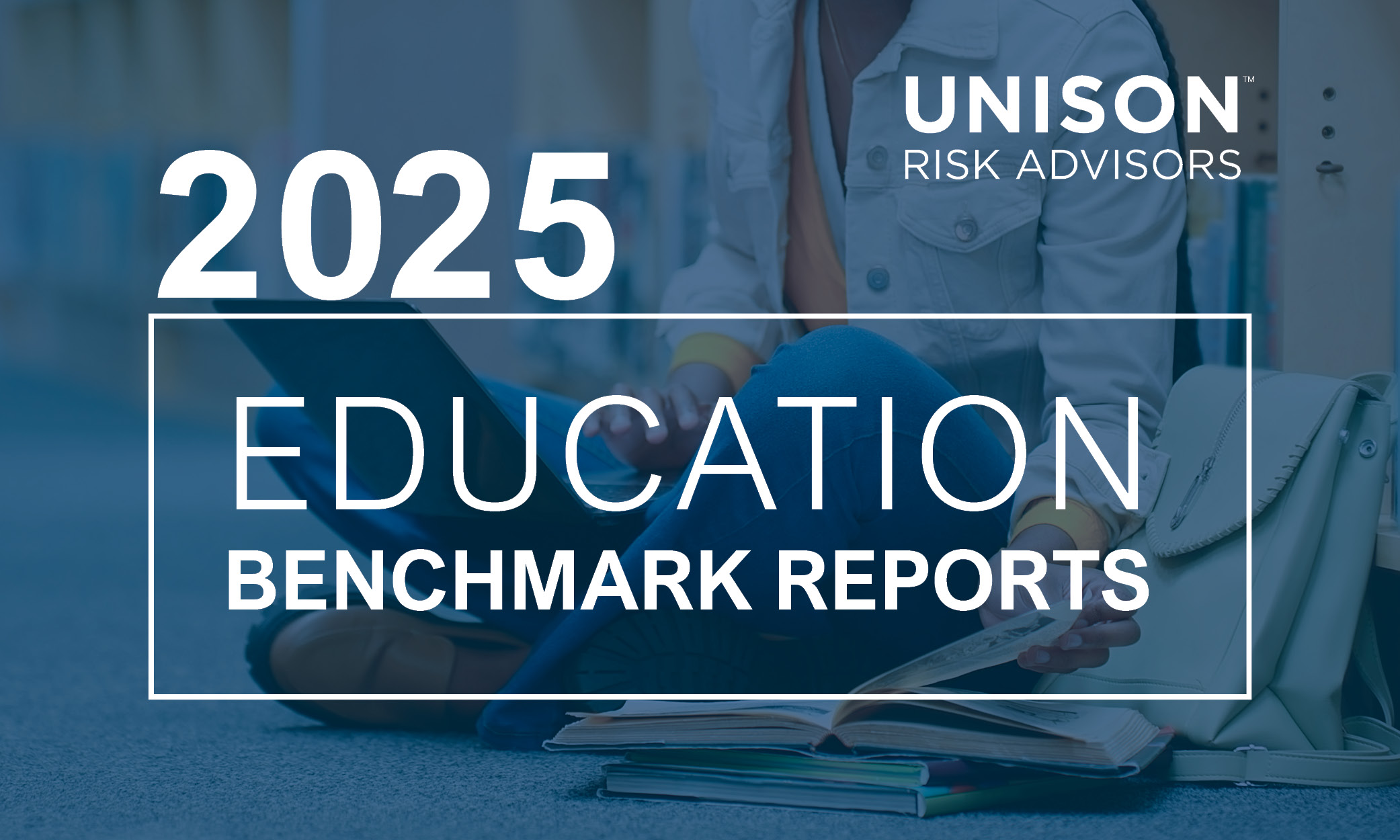Update
The referenced Illinois law (HB5258), effective January 1, 2026, expands dependent eligibility to include an employee’s parent or stepparent. However, this only applies to fully insured group health insurance policies issued in Illinois that offer dependent coverage. It does not apply to self-funded plans or out-of-state policies.
As a state insurance mandate, this requirement is directed at insurance carriers, not employers. That means it is the carrier’s responsibility to administer this change, and any questions regarding application, eligibility, or documentation should be directed to the carrier or plan broker.
What Employers Should Know
If your group health plan is fully insured and issued in Illinois, and already offers dependent coverage, your carrier may begin allowing enrollment of an employee’s parent or stepparent in 2026. This does not apply to:
- Self-funded (ERISA) plans;
- Plans issued in other states; or
- The parents of an employee’s spouse.
The new law requires that the parent or stepparent meet the definition of a “qualifying relative” under IRC § 152(d). This includes:
- Receiving over half their financial support from the employee;
- Having gross income under the federal limit (adjusted annually); and
- Not being a qualifying child of the employee or anyone else.
Even if the law applies, the parent/stepparent must still meet the plan’s definition of an eligible dependent, as outlined in documents such as the Summary Plan Description (SPD), Wrap SPD, or carrier certificate of coverage. For example, some plans already allow for coverage of any tax-dependent, regardless of relationship. Others may limit eligibility strictly to spouses and children. Employers should review plan documents or contact the carrier to confirm.
For more information, please refer to § 152, dependents are defined here.
Cafeteria Plan Considerations
If the plan allows for coverage of the parent or stepparent, the next consideration is whether the employee can pay their share of premiums pre-tax under the employer’s Section 125 cafeteria plan.
- Federal Tax Treatment:
Coverage is tax-free if the individual qualifies as a tax dependent under IRC § 152(d). - State Tax Treatment:
Most states conform to federal tax rules, but if the employee resides in a nonconforming state, state income taxes may still apply. Employers may wish to refer the employee to a tax advisor for state-specific guidance.
Administrative Considerations
If the plan is insured and the carrier accepts enrollment of the parent or stepparent, the carrier will likely specify what documentation is required. This may include a tax return, affidavit, or attestation form. If the carrier leaves it to the employer to administer eligibility, the employer should:
- Apply criteria uniformly;
- Maintain written procedures; and
- Ideally document the policy in the Wrap SPD or enrollment materials.
Final Notes
- Employers with fully insured plans issued in Illinois should work with their carrier or broker to determine how the new parent/stepparent coverage rules under HB5258 will be applied. If the plan allows enrollment and the individual qualifies as a tax dependent, pre-tax premium contributions may be permitted under a Section 125 plan.
- If the existing dependent eligibility language is unclear or does not include tax dependents, employers should consult the carrier or legal counsel before enrolling a parent or stepparent.
- Since this is a state insurance mandate, your insurance provider is the best source of information. If needed, the Illinois Department of Insurance may also provide guidance.
Disclaimer: Materials are solely for informational purposes as an educational resource. Please contact counsel to obtain advice with respect to any specific issue




